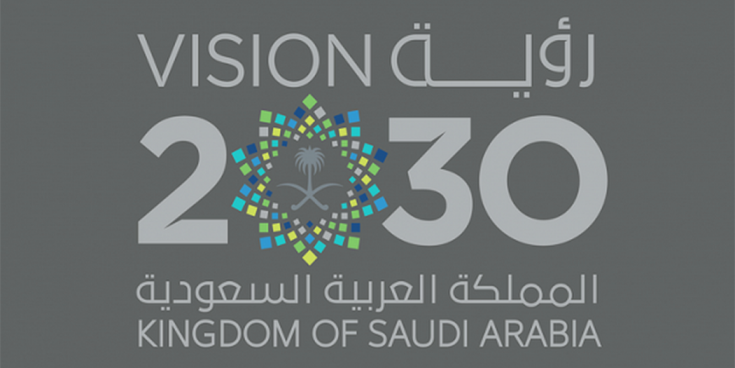FAHAD ALSUDAIS WRITES– Vision 2030: this ambitious socio-economic reform plan is Saudi Crown Prince Mohammed bin Salman’s brainchild. It has two primary goals: To foster growth in privately owned enterprises in the Kingdom of Saudi Arabia (KSA) and to steer away from dependence on non-renewable, environmentally toxic oil.
Launched in 2016, Vision 2030 anticipates that world demand for oil will decline by 2040; the annual demand has risen on average only 1.8% each year since 2007, according to Stephen Grand of the Atlantic Council 2018 details.
As the oil industry is traditionally staffed with highly skilled foreign contract workers, it will take major effort to wean Saudis off the industry’s state-distributed dividends. One method to achieve this is for KSA government agencies to team up so as to expedite funding, licensing, and accreditation services for privately-owned, non-oil industry start-ups. To this end, the General Authority of Small and Medium Enterprises (Monshaat) and the Saudi Arabian Monetary Authority intend on working together to promote entertainment, tourism, logistics, real estate, renewable energy and information technology.
Another oil independent method is a Monshaat-led “Saudization” of the labor pool. Most privately-owned KSA enterprises are restricted to employing at most nine foreign workers at any given time, while the rest must be Saudi nationals, Arab News reports. To boost KSA’s private sector hiring, the country’s Human Resource Development Fund has pledged to subsidize 30% of the first full year of employment salaries for select industries, The National documented. This wage subsidy would reduce Saudi’s 12.9% unemployment rate and increase Saudi women’s workforce participation from 22% to 30%. Poised to spread 51,000 jobs across 24,000 firms, the ambitious vision aims to add $3.2 B to KSA’s GDP through 2022. By 2030, Monshaat-aided, privately owned enterprises are expected to contribute a hefty 35% to the GDP.
The Vision 2030 drive for economic diversification and entrepreneurship has harnessed KSA’s oil revenues. Barrel production boosted the GDP growth rate from -0.7 in 2017 to above 2.0% in 2018. In addition, non-oil sectors showed remarkable growth, noted Grand.
For now, it seems, MBS’ Vision 2030 is working, and Saudis are fast becoming forward-thinking entrepreneurs.

